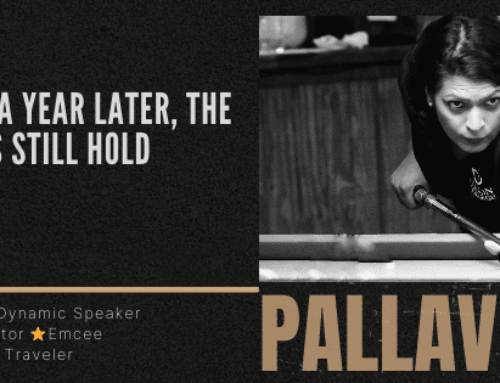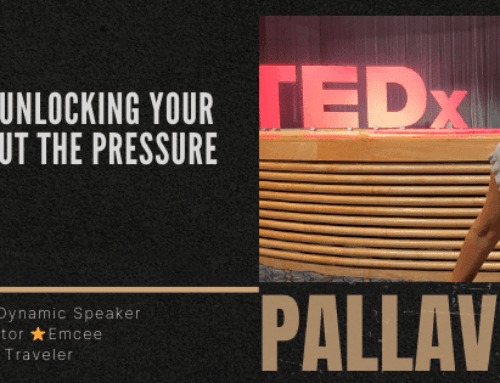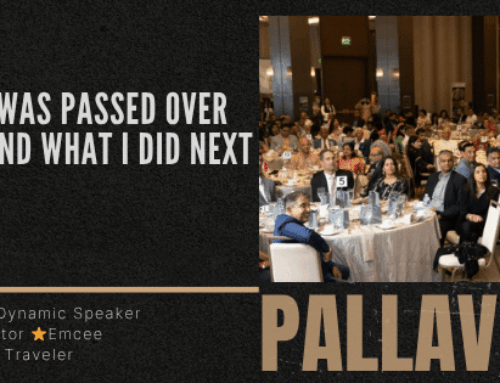Avoiding the Difficult Conversation? You Might Be Hurting More Than You Think

We often avoid difficult conversations under the guise of being “considerate.”
We don’t want to hurt someone’s feelings. We don’t want to stir conflict. We don’t want to make things worse.
But here’s the uncomfortable truth:
Avoiding the conversation often causes more harm than having it.
Let me tell you a story.
When Silence Gets Loud
A colleague of mine recently found himself in a challenging position.
He had taken on a new strategic partnership, one that looked promising and aligned with his values but underestimated just how much was already on his plate.
He was:
- Overstretched
- Overcommitted
- Struggling silently
And, like many of us under pressure, his behavior began to shift.
He started missing meetings. He became hard to reach. Deadlines slipped. Communication faded.
He knew, deep down, that the partnership wasn’t sustainable.
But instead of addressing the issue directly, he tried to manage it in the background — hoping it would quietly resolve itself.
It didn’t.
What Happens When We Don’t Speak Up
While he was wrestling with guilt, stress, and embarrassment, his strategic partner was on the other side feeling:
- Confused
- Perplexed
- Hurt
What began as professional misalignment grew into personal tension.
The silence created assumptions. The lack of clarity created distance.
And by the time the difficult conversation finally happened, trust had already begun to erode.
What He Learned (and What We All Should Remember)
The experience left him with three hard-earned lessons:
- Conflict Is Not One-Sided
Even if you’re the only one feeling the tension, your behavior affects the other person.
Giving them a chance to talk is an act of respect.
- Discomfort Is Not an Excuse
Yes, these conversations are uncomfortable. That’s exactly why they matter.
Courage isn’t the absence of fear it’s the decision to speak anyway.
- Timeliness Is Everything
Delaying a hard conversation often makes the outcome worse.
Had he acted sooner, they could have preserved more goodwill and possibly found a way forward, together.
The Bigger Picture
When we avoid a difficult conversation, we often tell ourselves we’re “protecting” the other person.
But more often than not, we’re just protecting ourselves from discomfort, from awkwardness, from vulnerability.
And that’s not leadership.
Leadership is stepping into those moments with clarity, honesty, and humanity.
So Ask Yourself…
- Is there a conversation you’ve been avoiding?
- What might happen if you had it today?
- What would not having it cost you… and the other person?
Because sometimes the most respectful, empowering thing we can do for ourselves and others is to stop avoiding and start speaking.
This blog post was inspired by:
LinkedIn Post – Are you being selfish by not having that difficult conversation?



